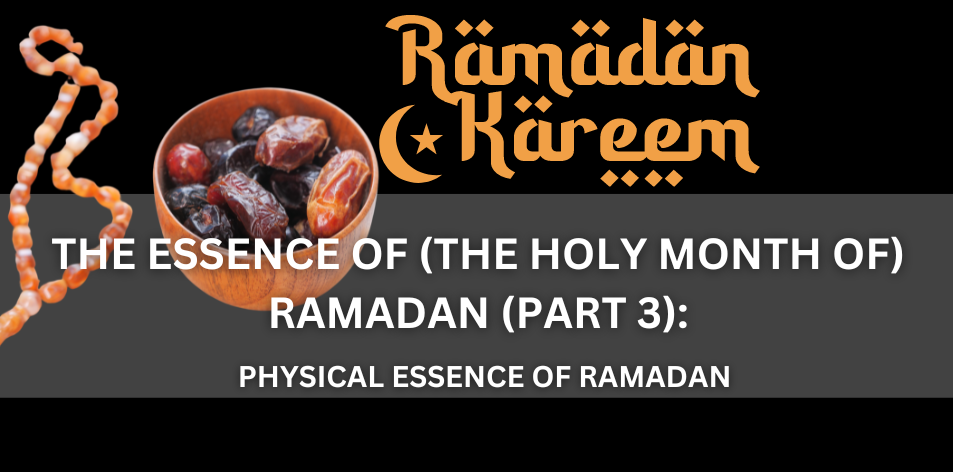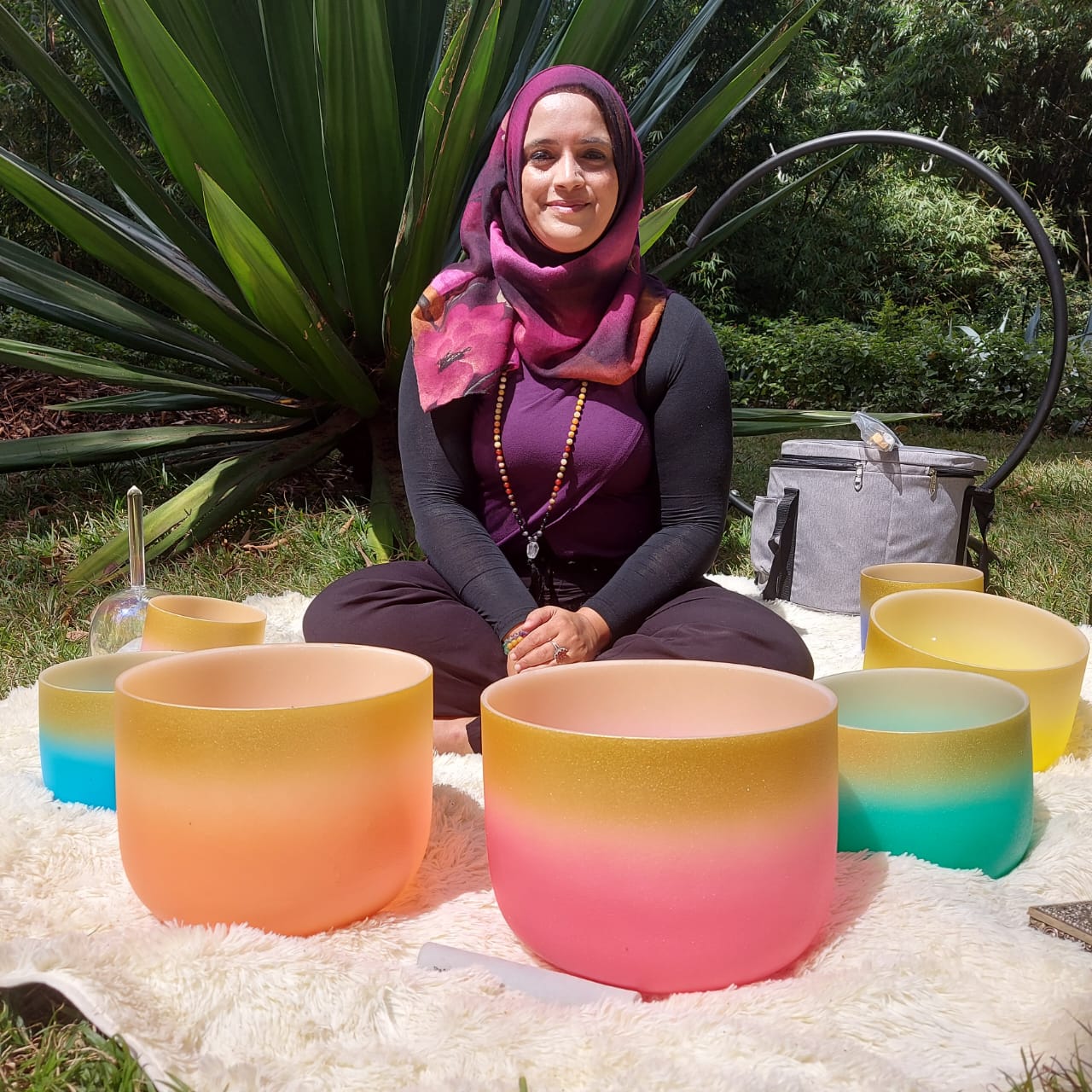
The Essence Of (The Holy Month Of) Ramadan (Part 3) – Positive Reflection Of The Week
Physical Essence Of Ramadan
Ramadan’s physical aspect includes fasting from dawn to dusk and abstaining from food, drink, and other physical pleasures.
This period of self-discipline and self-control is intended to cleanse the body and soul, allowing for a more profound connection with one’s spirituality. It is a time to reflect on one’s actions and intentions, to cultivate patience and gratitude, and to empathise with those who are less fortunate.
The physical challenges of fasting serve as a reminder to practise moderation and mindfulness in all aspects of life. By experiencing hunger and thirst, believers are reminded of the benefits of sustenance and the importance of sharing those benefits with others. Overall, Ramadan is a physical endurance test as well as a way to strengthen one’s faith and character.
As the month progresses, people may feel more spiritually connected and grounded as they perform acts of charity and strive to be more compassionate to others. Ramadan requires discipline and self-control, which can have a long-term impact on one’s mindset and behaviour.
By embracing the physical challenges of fasting, believers can cultivate gratitude for the abundance in their lives while also developing empathy for those who are less fortunate. Finally, Ramadan serves as a time for personal development and reflection, allowing people to gain a better understanding of themselves and their place in the world.
This fasting period encourages detoxification and rejuvenation of the body, allowing practitioners to cleanse their systems and regain health. Furthermore, Ramadan encourages moderation in eating and healthier lifestyle habits, which benefits overall physical health.
Consider the Following during the week:
1. Think of the spiritual benefits of fasting during Ramadan, such as increased self-discipline and mindfulness in daily activities.
2. How does the act of giving back through acts of charity and community service lead to a stronger sense of social responsibility.
3. What is the importance of prayer and reflection during this holy month, as individuals seek forgiveness and strive for personal growth through self-improvement.
4. What is the significance of family bonding and strengthening relationships during Ramadan, as meals are shared together after breaking the fast each day.
5. How do the practice of fasting foster a greater appreciation for food, gratitude for necessities, and empathy towards those who may be experiencing hunger or poverty on a regular basis.


